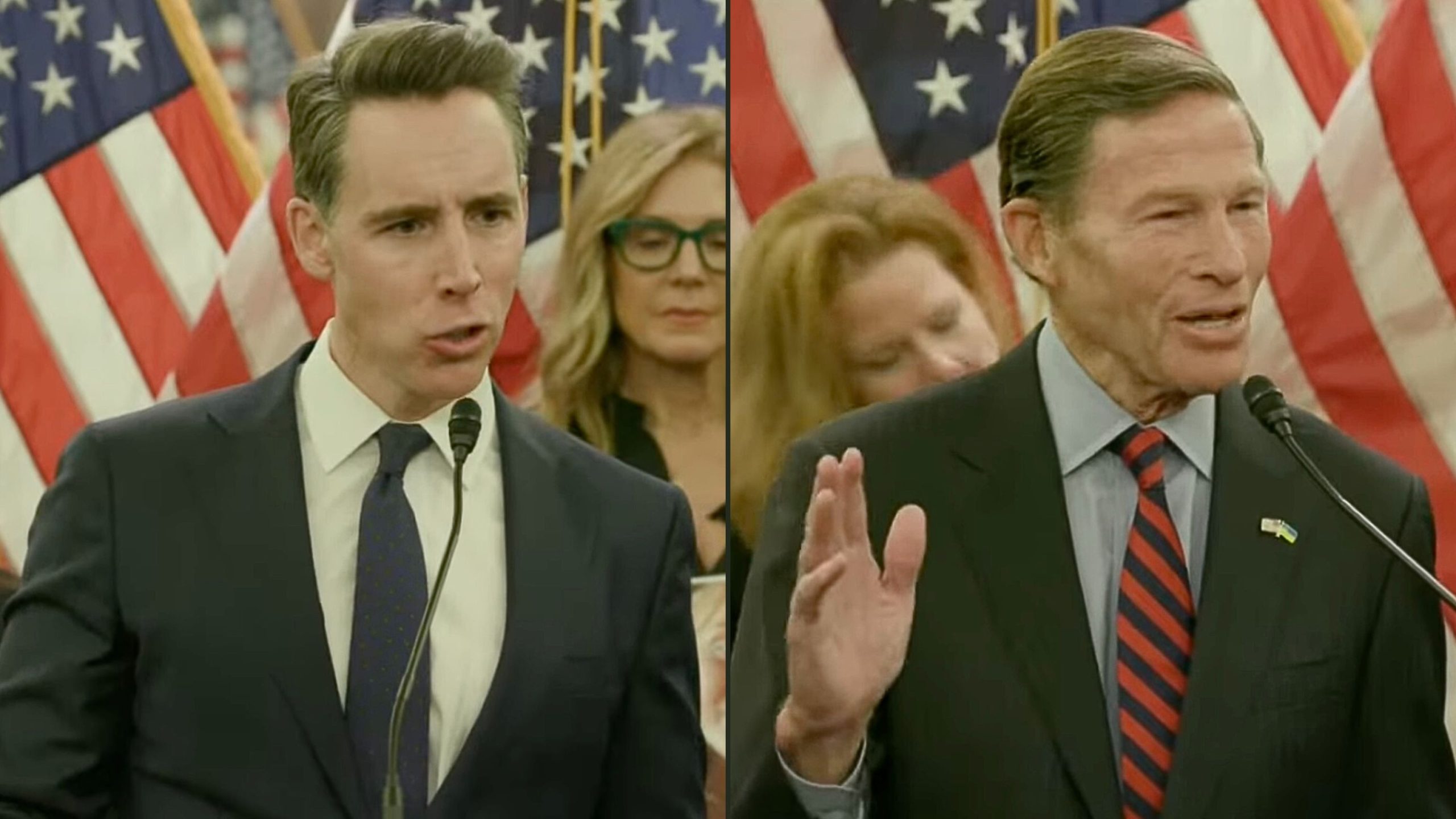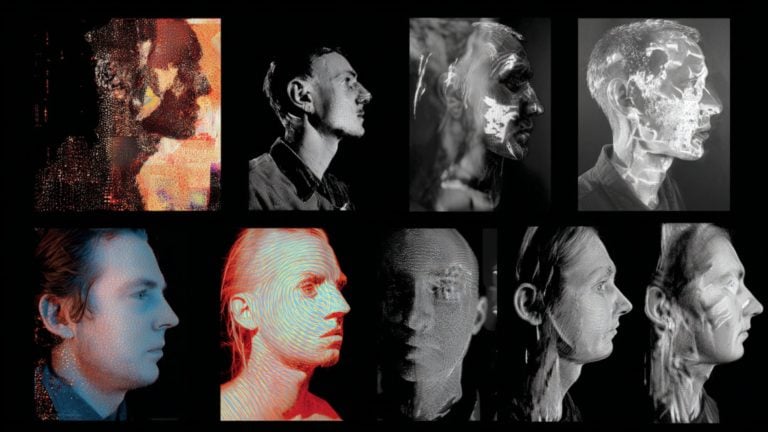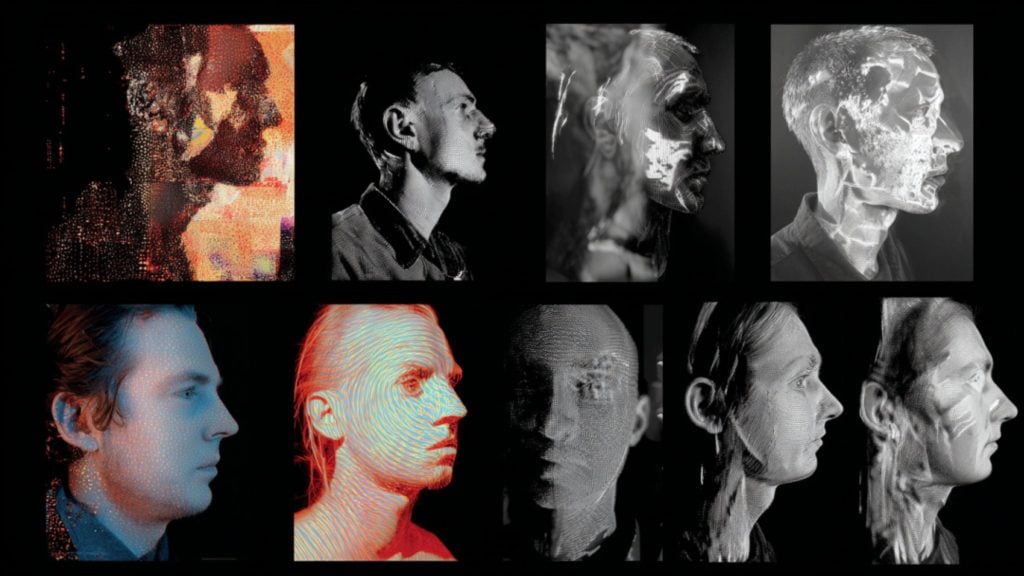It was only a matter of time before someone in Congress decided that the cure for the internet’s ills was to make everyone show their papers.
The “Guidelines for User Age-verification and Responsible Dialogue Act of 2025,” or GUARD Act, has arrived to do just that.
We obtained a copy of the bill for you here.
Introduced by Senators Josh Hawley and Richard Blumenthal, the bill promises to “protect kids” from AI chatbots that allegedly whisper bad ideas into young ears.
The idea: force every chatbot developer in the country to check users’ ages with verified identification.
The senators call it “reasonable age verification.”
That means scanning your driver’s license or passport before you can talk to a digital assistant.
Keeping in mind that AI is being added to pretty much everything these days, the implications of this could be far-reaching.
More: The Digital ID and Online Age Verification Agenda
Senator Josh Hawley said “AI chatbots pose a serious threat to our kids,” while Blumenthal argued that tech firms can’t be relied on to regulate themselves.
For lawmakers who’ve spent the last decade warning about data collection, the plan to create a universal ID gateway for speech is an impressive pivot.
The GUARD Act answers that call by placing chatbot providers under a new regime of continuous verification.
Companies would have to lock existing accounts until users submit proof of age. They could outsource ID checks to third-party firms, but the liability remains theirs.
Compliance would be enforced by the US Attorney General through subpoenas, fines, and civil actions.
For a bill that insists on minimal data collection, it manages to authorize a lot of new data collection.
Civil liberties and tech policy groups read the text and saw something else entirely: a massive infrastructure linking real-world identities to online speech.
NetChoice called the proposal “heavy-handed,” pointing to recent identity leaks as proof that these systems fail where it matters most, keeping personal data secure.
K.J. Bagchi of the Chamber of Progress added, “We all want to keep kids safe, but the answer is balance, not bans.”
That “balance” may be hard to find once anonymity becomes a luxury.
Under the GUARD Act, self-declared birthdays no longer count. If implemented broadly, it would set a precedent that any “interactive AI system” must verify identity through government-approved documentation.
That covers a lot of ground: AI chatbots, social media, automated customer service, and even virtual tutors.
For ordinary users, the result would be a world where every online interaction leaves a verified fingerprint. Once IDs are tied to speech, privacy becomes theoretical.
Every search, comment, or message could be matched to a name, creating an archive of personal expression indexed by government-approved databases.










